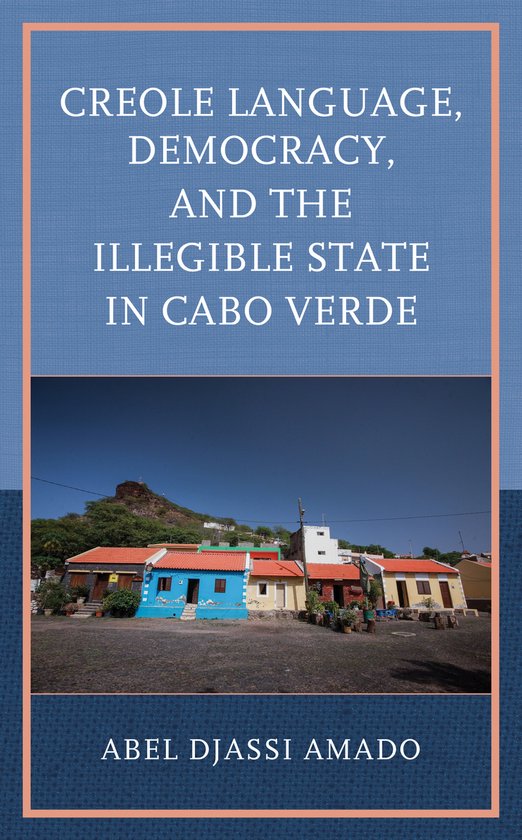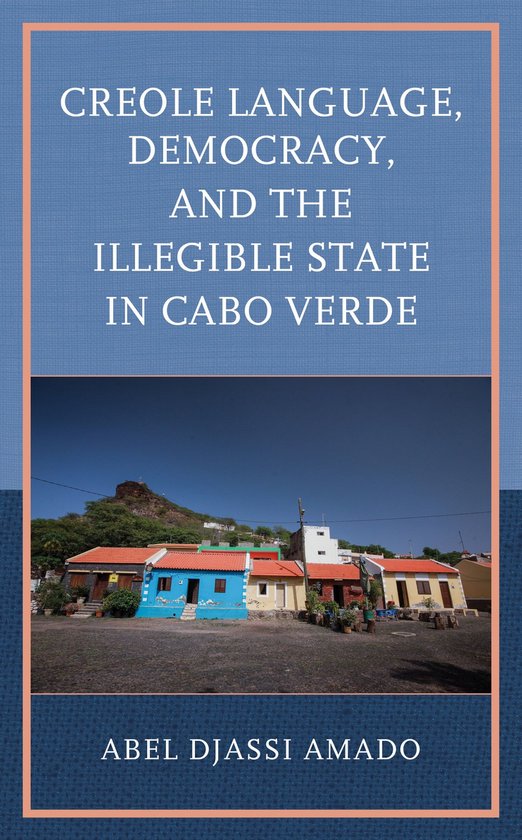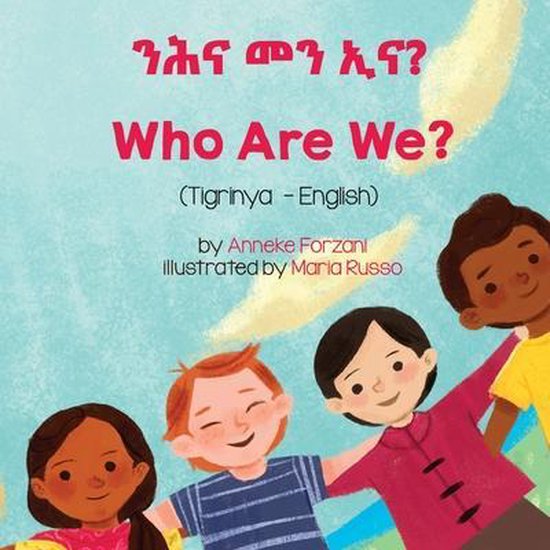
Creole Language, Democracy, and the Illegible State in Cabo Verde
This book argues that the state in Cabo Verde is illegible since its operations, procedures, and processes are carried out through Portuguese, a language that most of the people do not understand. Consequently, the illegible state produces grave political consequences in overall political participation and the quality of democracy.
Language and Politics in a Creole Island State: Cabo Verde in a Comparative Perspective uses Cabo Verde as a case study to critically examine the language and politics nexus in a small creole island state. The current sociolinguistic condition of the country is that of diglossia, whereby Portuguese assumes the language of power, prestige, and high culture at the expense of the mother tongue of its citizens, the Cabo Verdean language, a Portuguese-based Creole (locally known as Kriolu). The postcolonial diglossic language policy stands on both domestic and international factors. Thus, Abel Amado explores the country’s language policy history since colonial times and discusses how Portugal’s diplomacy grounded on language spread policy has significantly contributed to the secondarization of the mother tongue. The ultimate consequence of the current sociolinguistic situation is the development and crystallization of the illegible state as a large segment of the population cannot comprehend the processes, operations, and procedures of power carried out in a language they do not understand. The illegible state has grave consequences on political participation and the overall quality of democracy.
| Auteur | | Abel Djassi Amado |
| Taal | | Engels |
| Type | | Hardcover |
| Categorie | | Mens & Maatschappij |



